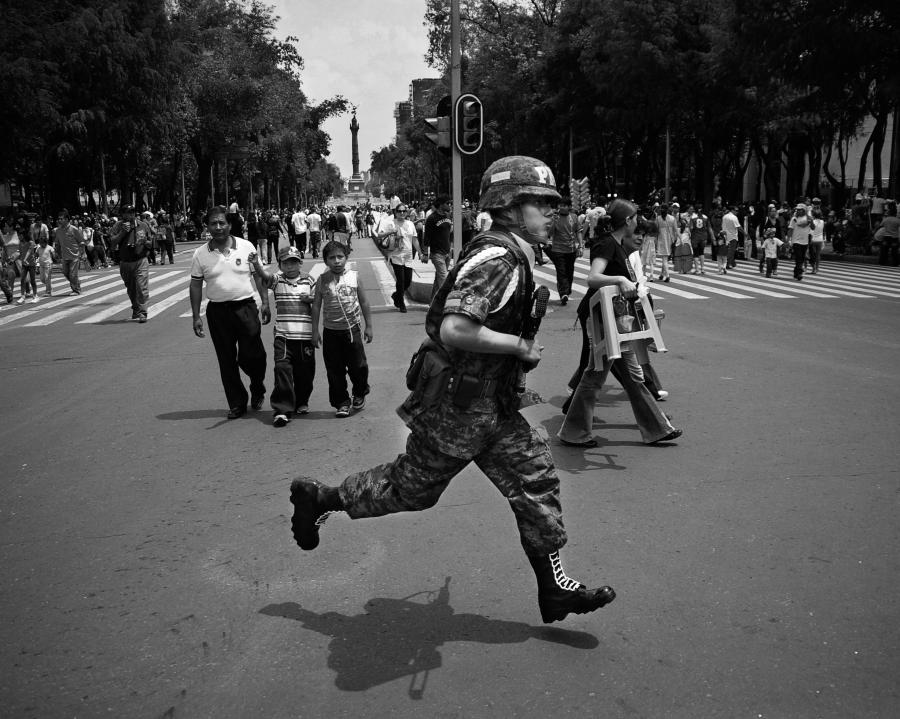5/5/2016 The Guardian
 How is it possible to report in a country regarded as one of the most dangerous places for a journalist to operate? Answer: do it secretly; do it online; and do it remotely.
How is it possible to report in a country regarded as one of the most dangerous places for a journalist to operate? Answer: do it secretly; do it online; and do it remotely.
According to a Christian Science Monitor article, a Mexican reporter called AJ Espinoza worked out this safe way of working some two years ago.
He teamed up with a US-based reporter in order to write stories he thinks fellow Mexicans should read. But they appear in a US-based outlet rather than his local newspaper.
In that way, he can safely report on the activities of the drug cartels that plague the Mexico-US border region where he operates. Espinoza is quoted as saying: “No one else needs to know that I’m doing this.”
He formed a partnership with Ildefonso Ortiz, a reporter for Breitbart along the Texas-Mexico border, who says that people who don’t live in the region find it “hard to grasp that in cities like Matamoros or Reynosa, organised crime has complete control [over the media]”.
Celeste González de Bustamante, an associate professor at Arizona university who studies the effects of violence on journalism, says:
“Newsrooms started waiting for the green light to publish. But the green or red light wasn’t coming from the owner of the paper or managers, but from members of organised crime.” Editors “have to answer to two bosses: the publishers and the cartels.”





